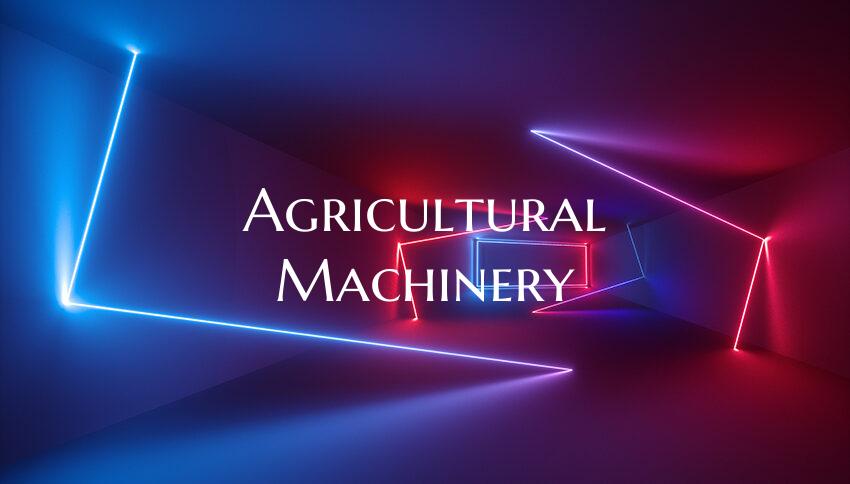Agricultural Machinery
Agricultural Machinery: Revolutionizing Farming Practices
Introduction: Agricultural machinery has played a pivotal role in transforming the agricultural sector, making farming more efficient, productive, and sustainable. With the advent of various machines and equipment, farmers can now perform tasks that were once labor-intensive with greater ease and precision. This article delves into the significance of agricultural machinery and its impact on modern farming practices.
Increased Efficiency: One of the primary benefits of agricultural machinery is the significant increase in efficiency it brings to farming operations. Tractors, combine harvesters, plows, and seeding machines have revolutionized the way farmers plant, cultivate, and harvest crops. These machines can cover large areas in a fraction of the time it would take traditional methods, allowing farmers to maximize their output and optimize their resources.
Precision Agriculture: Advancements in technology have paved the way for precision agriculture, where agricultural machinery is equipped with sensors, GPS systems, and other smart technologies to streamline farming practices. Precision agriculture ensures that resources such as water, fertilizers, and pesticides are utilized in a targeted and efficient manner, reducing waste and environmental impact. This approach also enables farmers to monitor crop health, soil conditions, and yields more effectively, leading to better decision-making and increased productivity.
Diversification of Machinery: Agricultural machinery encompasses a wide range of equipment tailored to various farming needs. From planters and sprayers to irrigation systems and grain dryers, farmers can choose specialized machinery that suits their specific requirements. This diversification allows for a more customized approach to farming, where farmers can select the right tools for different tasks, seasons, and crops, leading to improved efficiency and outcomes.
Sustainability and Environmental Impact: Modern agricultural machinery is designed not only to enhance productivity but also to promote sustainability in farming practices. Through innovations such as no-till farming, minimum tillage, and precision irrigation, agricultural machinery helps reduce soil erosion, conserve water, and minimize the use of chemicals. By adopting these sustainable practices made possible by machinery, farmers can protect the environment, maintain soil health, and ensure long-term food security.
Challenges and Future Developments: While agricultural machinery has significantly benefited the farming industry, challenges such as high initial costs, maintenance requirements, and the digital divide persist. However, ongoing research and development continue to address these challenges, with the aim of creating even more advanced and user-friendly machinery for farmers. Future developments in autonomous vehicles, robotics, and data analytics hold the promise of further enhancing efficiency, sustainability, and productivity in agriculture.
Conclusion: Agricultural machinery has truly transformed the way farming is conducted, enabling farmers to achieve higher yields, conserve resources, and protect the environment. By embracing technological advancements and innovative solutions, the agricultural sector can continue to evolve and meet the challenges of feeding a growing global population. With the right tools and practices in place, agricultural machinery remains at the forefront of agricultural progress and sustainability.

